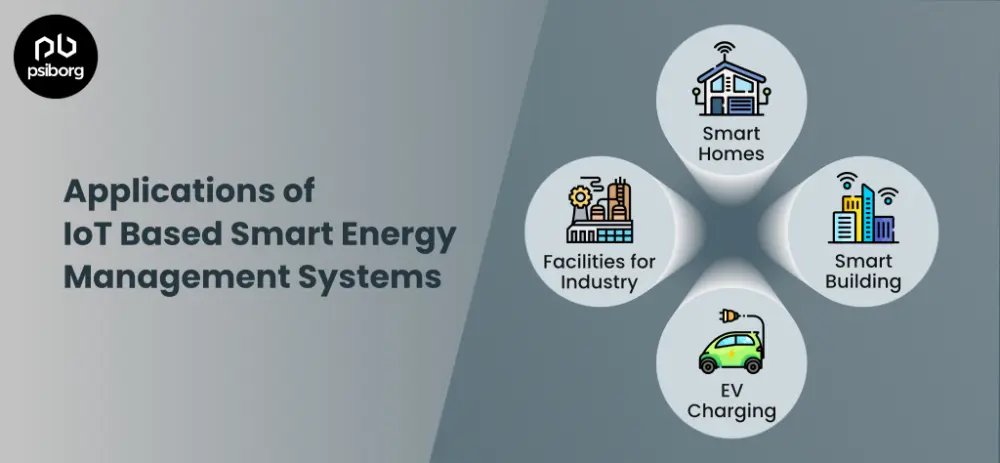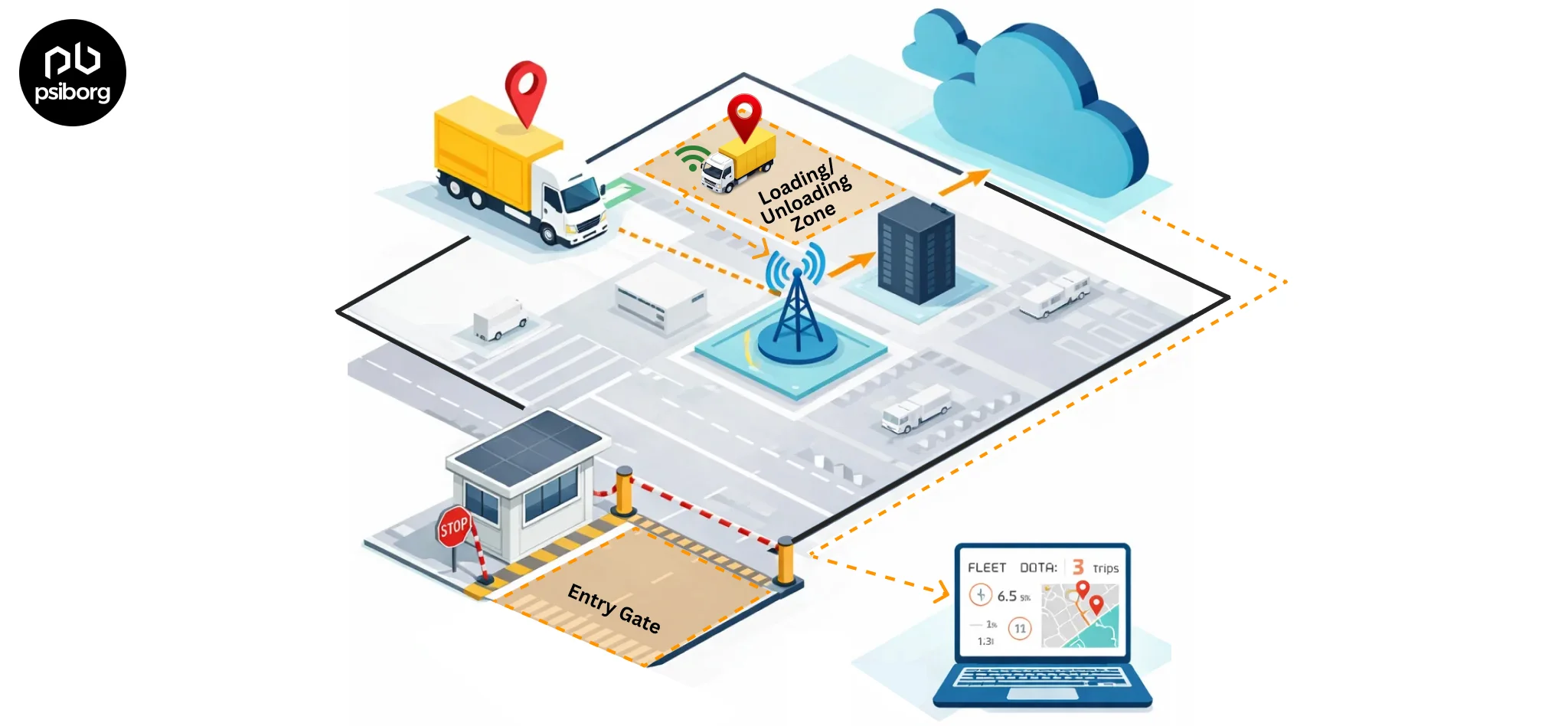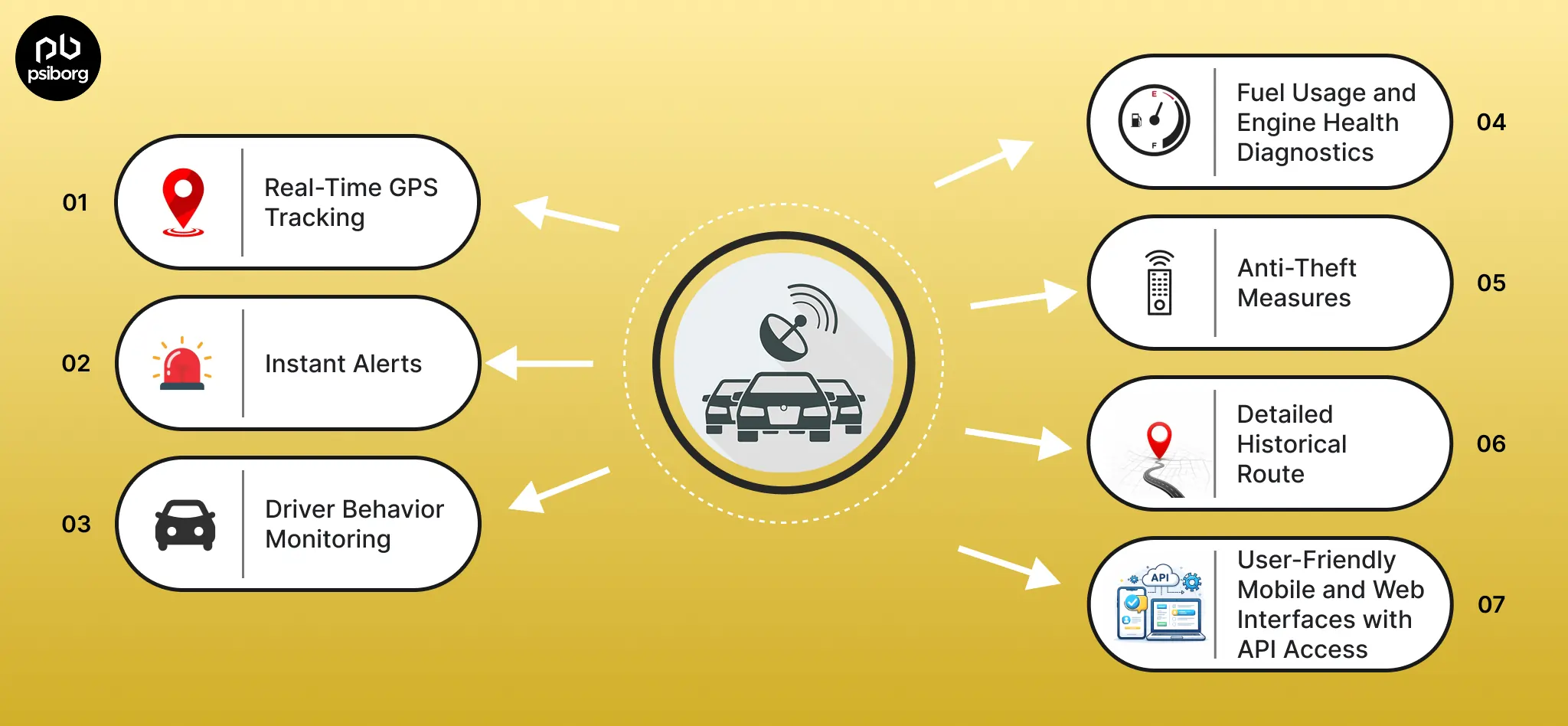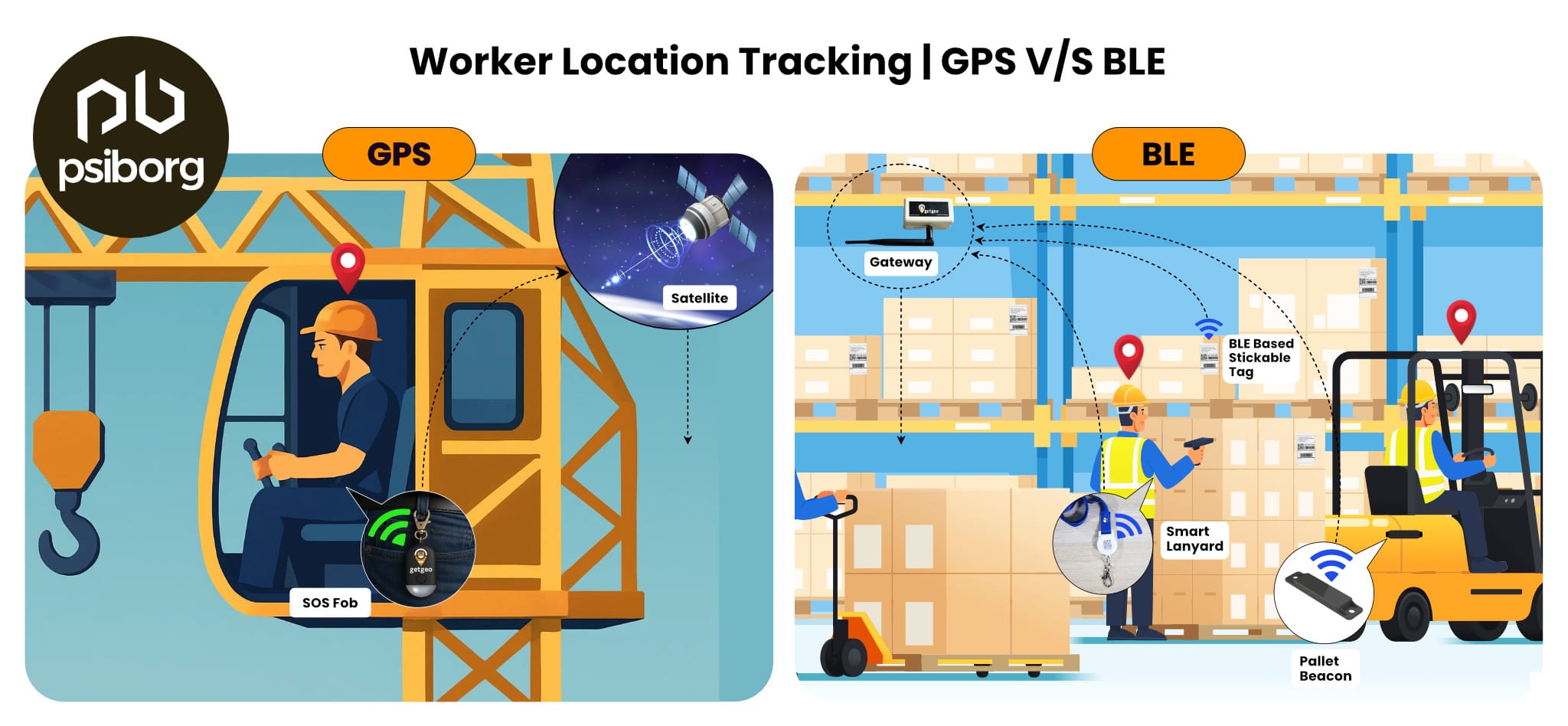The use of smart energy management using IoT is revolutionizing how we manage energy in our homes and businesses. With the help of IoT based smart energy management system, it is now possible to monitor, control, and optimize energy usage in real-time.
By gathering data through smart meters and sensors, these systems help users to reduce energy waste and cut costs. This technology is transforming traditional energy management, making it smarter, more efficient, and more proactive.
In this blog, we’ll explore how smart energy management systems work, their key benefits, features, and how they are shaping a more sustainable future.
What is a Smart Energy Management System?
A smart energy management system is an integrated system that is designed to track, measure, and control energy usage in real-time.
It uses advanced technologies such as sensors, smart meters, and software to collect and analyze data on energy consumption. It provides valuable information about consumption patterns and helps to improve energy efficiency and reduce costs.
How Does an IoT-Based Smart Energy Management System Work?

An IoT-based energy management system is much more accurate than a traditional energy management system because it provides more detailed and real-time measurements.
A key component of this advanced system is the smart meter, an electronic device that collects data on energy usage, voltage levels, current, and power factor. It is installed on energy-consuming devices and tracks their energy consumption accurately.
These smart meters along with IoT-based energy controllers work together to collect data on energy use at regular times. This collected data is then transmitted to a central cloud server for further processing and analysis.
With real-time monitoring and improved control features, these systems help to reduce energy consumption, lower costs and promote environmental sustainability.
Features of IoT-Based Smart Energy Management System
Various features using an IoT-Based Smart Energy Management System are defined below:
Real-time monitoring and Measures
This feature allows monitoring of energy consumption across various smart devices and sensors throughout the operations. The smart meter tracks energy utilization and also the system can monitor individual power consumption of high power consuming IoT devices using a smart plug.
Centralized dashboard
Centralized IoT dashboard provides all the information about power consumption patterns. It combines real-time data from smart meters and sensors which allows users to monitor and analyze energy usage, identify inefficiencies, and make informed decisions for optimization.
Control and Optimization
This system quickly respond to changing conditions, balance load and even predict future energy demands. It ensures consistent energy savings, reduce operational costs and can optimize HVAC settings.
Advanced Data Analytics
The collected raw data from various Iot based devices and sensors is processed to generate valuable insights through advanced data analytics. This feature help to find usage patterns, predict peak demand times, weather forecasting and more.
Benefits of Using Smart Energy Management Systems
Proper use of a Smart Energy Management System offers various benefits, such as:
1.Reduce Environmental Impact
- The purpose of Smart Energy Management Systems is to conserve energy resources like heat, natural gas, and electricity by optimizing their usage.
- By optimizing energy consumption across various sector which reduces the impact on the environment.
2.Saving Money on Energy Use
- One of the important benefit of using smart energy management system is to reduce cost while ensuring sustainability.
- Industries and consumers may reduce their electricity costs by optimizing their energy use.
3.Higher energy efficiency
- This system detects empty spaces when they are unoccupied and turns off lights or adjusts the temperature, which helps to reduce energy consumption.
- This automation ensures that energy is only used when necessary which maximize efficiency.
4.Effective Demand Response
- An IoT based energy management system with effective demand response capabilities maintain a balance between supply and demand.
- It basically helps business, homes and cities to adjust their electricity usage and requirements during peak times.
5.Data-Driven Information
- It gives valuable information on trends in energy use, which helps in locating inefficiencies and maximizing utilization.
- It alerts people to possible problems so they can take immediate action by detecting unusual trends in energy consumption.
Real-World Applications of IoT Based Smart Energy Management Systems
Here are some major application of IoT Based Smart Energy systems, as explained below:

1.Smart Homes
- Automated climate control: It reduces wasteful energy use by using IoT-enabled thermostats to modify heating and cooling in response to current occupancy and weather data.
- Energy-efficient appliances: It help homeowners to save money on electricity by scheduling equipment like washing machines and dishwashers to operate during off-peak hours.
2.Smart Building
- Centralized energy management: It ensures effective energy consumption in commercial buildings by integrating water heating, HVAC, and lighting systems for automated control.
- Occupancy–Based Adjustments: To reduce waste, this system modifies temperature, ventilation, and lighting settings in response to real-time occupancy data.
3.Electric Vehicle (EV) Charging
- Smart EV Charging: EV owners can save money by using smart charging stations, which optimize charging schedules to take advantage of lower electricity pricing.
- System Load Management: It prevents overloads during peak hours by controlling charging schedules to balance the demand on the electrical system.
4.Facilities for Industry
- Automated Machine Control: This technique minimizes wasteful energy use in manufacturing processes by optimizing the functioning of machines using Internet of Things sensors.
- Real-time monitoring: It constantly keeps an eye on the operation of the equipment to identify inefficiencies and energy waste, which enables preventative maintenance.
Future Trends in IoT Based Smart Energy Management Systems
Here are the Future Trends in IoT Based Smart Energy Management System:
1.Integration with Renewable Resources
- To maximize the use of renewable resources, IoT systems are increasingly being integrated with energy storage devices, wind turbines, and solar panels.
- These systems can automatically convert between stored renewable energy and grid power by utilizing real-time data, which ensures efficient energy utilization and reduces dependency on fossil fuels.
2.AI and Machine Learning for Energy Optimization
- Advanced machine learning algorithms can play a significant role in energy management using IoT by predicting consumption patterns, identifying inefficiencies, and automating energy-saving decisions.
- These AI-driven systems will adapt to changing conditions, allowing for continuous optimization and significant energy savings.
3.Blockchain for Decentralized Energy Management
- Blockchain become the best solution for a decentralized grid, supporting secure peer-to-peer energy trading among users.
- This decentralized approach reduces the dependency on traditional services and allows homeowners and businesses to sell excess energy produced by solar panels or other renewable resources directly to others.
Conclusion
Overall, the future of energy management is shifting toward smarter, data-driven, and automated systems. IoT-based Smart Energy Management Systems are not only transforming how we monitor and optimize energy usage but also creating a way for more sustainable living and commercial operations.
At PsiBorg, we have created such types of IoT-based solutions. With a proven track record of successful deployments, we ensure seamless integration to drive your business forward. Let’s turn your vision into reality.
FAQs
A Smart Energy Management System in IoT uses IoT devices like sensors and smart meters to monitor and control energy use in real-time, optimizing efficiency, reducing costs, and minimizing environmental impact.
Applications of smart energy management using IoT include smart homes with automated energy control, smart buildings for centralized energy management, EV charging optimization, industrial facilities for energy-efficient operations, and smart cities with adaptive street lighting.





